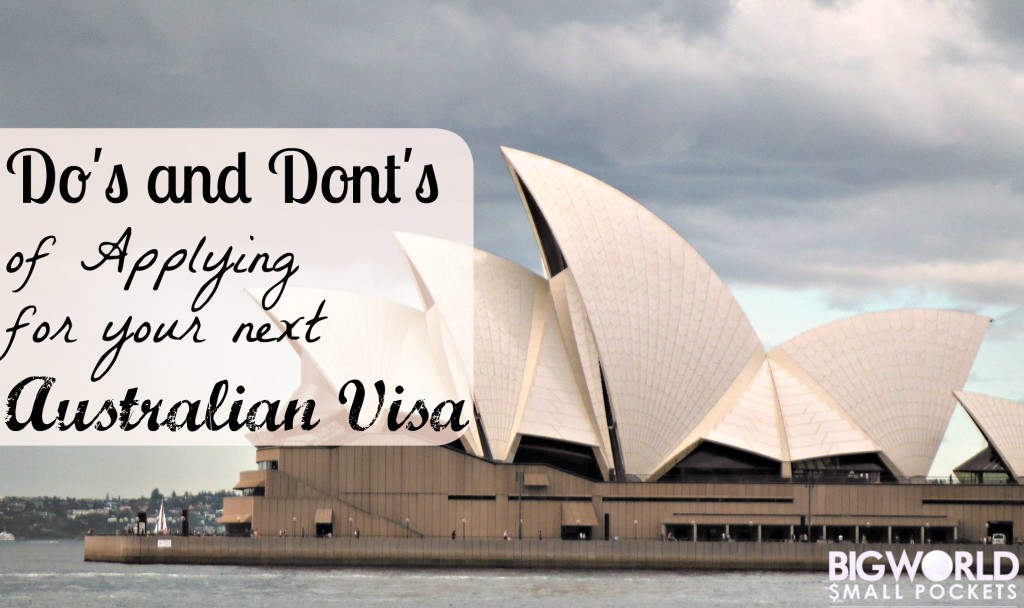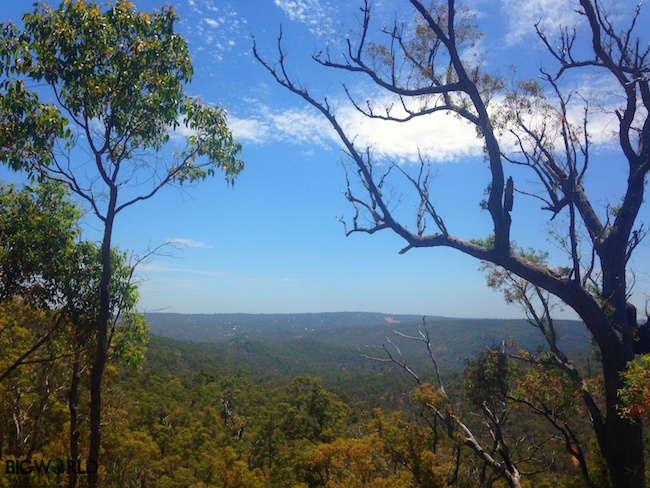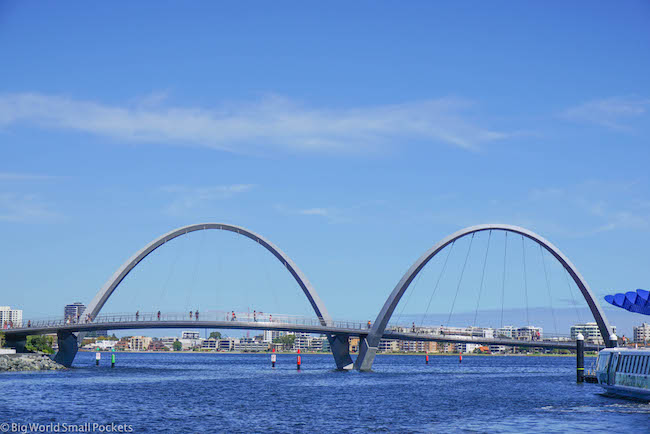Having traveled to Australia on a Working Holiday Visa almost 2 years ago, I’m now in the throughs of applying for a second type of visa.
As such, I know all about the confusion and difficulties that can come from trying to navigate the Australian Immigration system!
This seems to be a common problem that lots of backpackers and travellers find themselves in after their first Australian visa expires.
As such, I though it might be useful to include a blog post outlining some useful tips for the second visa process.
From work to study and even relationship visas, it can be hard to navigate the glut of information out there and to determine what information is useful and what is not.
As such, I got Martin from Martin Udall & Associates to help me out with all the do’s and dont’s of applying for your next Australian visa.
An Australian immigration law specialist and registered migration agent, he is well placed to offer some great advice for those looking to stay longer Down Under.
So, over to you Martin…
This page contains affiliate links meaning Big World Small Pockets may receive a small commission on any purchases at no extra cost to you.
This article was written in conjunction with Martin Udall Associates.
Congratulations on receiving your Australian visa and welcome to Australia!
We hope you are enjoying your stay and get the chance to experience the many wonderful things this country has to offer.
When the Australian adventure ends some of you will go home or keep travelling.
Others will want to continue their journey in Australia.
Perhaps you will want to study, work, live here permanently or fall in love. Whatever your reason, you will need a visa to extend your stay.
Whatever the case may be, getting a visa application right from the beginning and preparing yourself properly is crucial to maximising your chances of success.
Unfortunately, many people ignore this, meaning that otherwise strong application may fail because of wrong advice, bad preparation or a lack of understanding of the consequences.
A visa application refused in Australia may mean you are barred from applying again and you must leave the country.
As such, it’s important to get things right first time.
This will save a lot of time, hassle and money in the long run.
On this basis, I’ve compiled a simple checklist of the do’s and don’ts when applying (or thinking of applying) for your next Australian visa.
Hopefully this should maximise your chances of a successful visa application and have you well on your way to enjoying more time, living, working or studying in Australia.
#1 The Do’s
- Set your goals early. Do you want to study, work or live in Australia? Each step is progressively more difficult, costly and time-consuming. Making a plan will help you prepare properly as some visa criteria can take years to fulfil (e.g. English requirements).
- Seek professional help. Find a reputable migration agent who can guide you through the process. Asking for advice may cost between $100 and $1000 but it could be the best move you make. Good agents will be honest with you and prepare a ‘roadmap’ to show you how to get from where you are to where you want to be. Considering that many visa applications can cost $5,000 – $10,000 this is a good investment.
- If you don’t have much money, educate yourself using free online (reputable) resources. For those of us who feel comfortable researching things for themselves, the internet is a great place to start. The Department of Immigration and Border Protection website (border.gov.au) provides a lot of good, free information. Warning: This website only provides an overview and does not give specialist advice. If in doubt, ask for help.
- Call the department for advice. You may have to be on hold for 50 (or more) minutes but the staff should be able to point you in the right direction. Have some questions prepared before calling them.
#2 The Don’ts
- Don’t get advice from you friends. Although it’s natural to seek their help first, everybody’s situation is different. What worked for them may not work for you.
- Don’t get visa advice from education agents unless they are also registered migration agents. Education agents are great at recommending a school or preparing simple student visa applications but often give wrong advice when things get trickier (e.g including a partner in your visa application). Bad advice from education agents account for more than 50% of visa refusals I have dealt with. It is also illegal for them to charge money for advice regarding visas.
- Don’t leave things to the last minute or get impatient. Many people who come to Australia to visit or study then decide that it wouldn’t be a bad idea to stay a little longer. If this is the case – that’s great! But… weigh up the costs in terms of money and time and whether it’s all worth it.
Good luck!
Martin Udall
Principal – Martin Udall & Associates
Martin Udall is an Australian immigration law specialist and registered migration agent (MARN 0746812). Martin would be happy to hear from you and answer any questions. First consultations are free of charge. e: [email protected] t: +61 435 814 004 w: Martin Udall & Associates
Just enter your details below and I'll email it you - simple!
Information will be sent to the email provided above




Hi!
I had visited Australia on a short term ETA that allowed me to only be in Australia for less then 3 months. I just visited someone for 1 month and went home to Canada. It’s been a year since and now I’m wanting to get my holiday working visa and stay in Australia for 12 months. Will I be denied or does 3 months get automatically taken off my holiday working visa since? Or do I still get a full year in Australia since I haven’t applied or used my holiday working visa?
You should still get a full year Cherish, because you haven’t yet applied or used your Working Holiday Visa. The tourist visa you came on before is a separate visa so shouldn’t have any effect. That said I’m not a lawyer or immigration representative, so best to check with someone more official too!